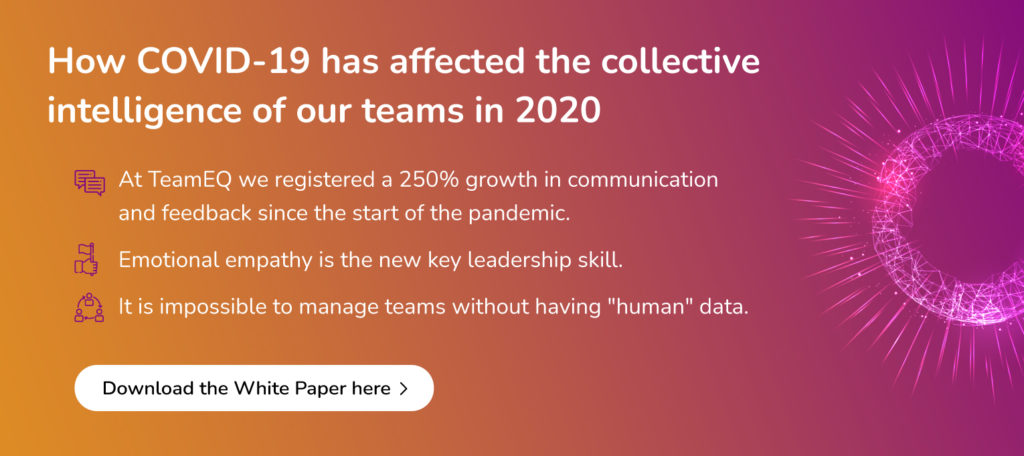Quick tips on how to recharge every day
We make more mistakes when we speed things up and yet we value such things as efficiency and rapid productivity. We even benefit from slowing things down and reflection, so how do we incorporate these traits in a society that has been taught to value otherwise?
The average American spends about 5.6 hours per day connected to technology, 3 hours on their phone, 2.2 hours on their desktop, and then 0.4 hours on other things such as tablets, according to the Kleiner Perkins 2017 Internet Trends.
Burnout and stress are becoming the epidemic of the 21st century and are estimated to cost American businesses up to $300 billion per year according to Business News Daily. Along with major financial losses, research has found that lack of recovery has increased the likelihood of health incidents and safety incidents.
A new trend of resilience is gracing the business world, but what does resilience actually mean? Resilience is the ability to recover and recharge after misfortune. Resilience does not mean being overworked and exhausted, it is a practice that requires patience and mindfulness.
So how do we practice resilience?
- One method is through reflection. Journal entries not just about what we did but about how we accomplished something and what we learned about ourselves through accomplishing that goal increases your self-awareness. Identify what you learned and how you reacted emotionally in order to improve next time.
- Another method is through practicing mindfulness. Social psychologists Laura Kiken and Natalie Shook have found that through exercising mindfulness negative thoughts and judgments are reduced. Neuroscientists Adam Moore and Peter Malinowski found that mindfulness is linked to improving attention and cognitive flexibility.
- Recharging your batteries is crucial to repairing your mind in order to become more productive. However simply not working does not mean we are disconnected. In order to recover from work, you need to take a break from all work emails, thoughts and talks. Fully disconnect from work during your time away to make your time during work more effective. During lunch, don’t eat at your desk, take a walk or eat with a colleague. Try out apps such as Instant or Moment apps to see how many times you check your phone every day (the average American checks their phone 150 times per day). Then use apps to monitor that usage such as Offtime or Unplugged to create tech free zones that schedule automatic airplane modes.
Through these techniques, you can become a more productive and effective employee, leader, family member, and even friend. When you are fully present in every moment, you savor each moment more and then other areas of your life will improve as well. The Global Corporate Challenge studied over 1.5 million employees over a year and found that 63 percent of extremely stressed employees reported above-average productivity, but 87 percent of those individuals that were not stressed. And studies show that bringing work stress home can have a harmful effect on children and sets an example of this stressful work ethic to kids. This may have a cyclical effect on future generations.
Do yourself a favor: take a break and eat lunch outside, play outside with your kids, walk your dog, and be fully present. Through being present, you will become more productive and happier in your work life.




